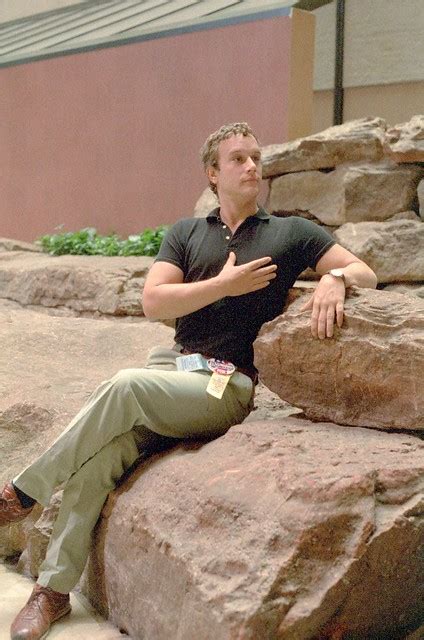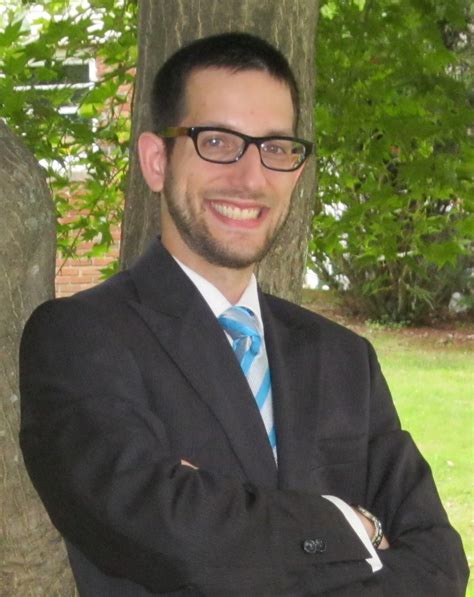A Quote by William James
We are all potentially such sick men. The sanest and best of us are of one clay with lunatics and prison-inmates. And whenever we feel this, such a sense of the vanity of our voluntary career comes over us, that all our morality appears but as a plaster hiding a sore it can never cure, and all our well-doing as the hollowest substitute for that well-being that our lives ought to be grounded in, but alas! are not.
Related Quotes
Of one thing we can be sure: our own future is inseparable from the larger community that brought us into being and which sustains us in every expression of our human quality of life, in our aesthetic and emotional sensitivities, our intellectual perceptions, our sense of the divine, as well as in our physical nourishment and bodily healing.
He's the best of us. The best of our best, the best that each of us will ever build or ever love. So pray for this Guardian of our growth and choose him well, for if he be not truly blessed, then our designs are surely frivolous and our future but a tragic waste of hope. Bless our best and adore for he doth bear our measure to the Cosmos.
Most of us have become Ecozombies, desensitized, environmental deadheads. On average, society conditions us to spend over 95% of our time and 99.9% of our thinking disconnected from nature. Nature's extreme absence in our lives leaves us abandoned and wanting. We feel we never have enough. We greedily, destructively, consume and, can't stop. Nature's loss in our psyche produces a hurt, hungering, void within us that bullies us into our dilemmas.
In the Christian sense, love is not primarily an emotion but an act of the will. When Jesus tells us to love our neighbors, he is not telling us to love them in the sense of responding to them with a cozy emotional feeling. You can as well produce a cozy emotional feeling as you can a cough or sneeze. On the contrary, he is telling us to love our neighbors in the sense of being willing to work for their well-being even if it means sacrificing our well-being to that end.
First make sure that what you aspire to accomplish is worth accomplishing, and then throw your whole vitality into it. What's worth doing is worth doing well. And to do anything well, wheter it be typing a letter or drawing up an agreement involving millions, we must give not only our hands to the doing of it, but our brains, our enthusiasm, the best - all that is in us. The task to which you dedicate yourself can never become a drudgery.
Emotional dependence is the opposite of emotional strength. It means needing to have others to survive, wanting others to "do it for us," and depending on others to give us our self-image, make our decisions, and take care of us financially. When we are emotionally dependent, we look to others for our happiness, our concept of "self," and our emotional well-being. Such vulnerability necessitates a search for and dependence on outer support for a sense of our own worth.
The lesson that Americans today have forgotten or never learned - the lesson which our ancestors tried so hard to teach - is that the greatest threat to our lives, liberty, property, and security is not some foreign government, as our rulers so often tell us. The greatest threat to our freedom and well-being lies with our own government!.









































